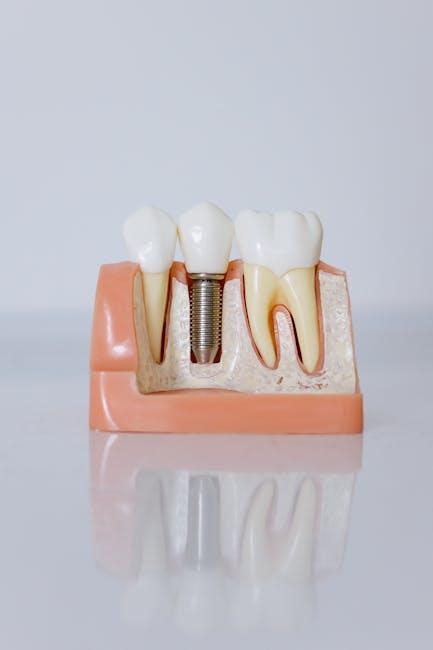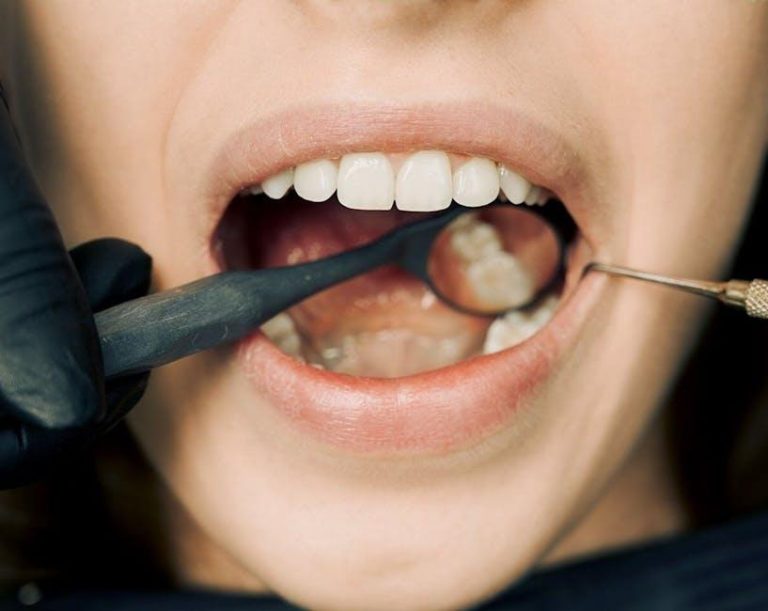
Research Highlights Inadequate Dental Benefits in Medicare Advantage
Dental health is a critical aspect of overall well-being, especially for seniors. However, recent research draws attention to the glaring inadequacies in dental benefits covered by Medicare Advantage plans. This issue has significant implications for millions of beneficiaries who rely on these plans for affordable and comprehensive healthcare. In this article, we explore the latest findings, discuss the impact on seniors, and offer practical guidance for navigating dental coverage under Medicare Advantage.
Understanding Medicare Advantage and Dental Coverage
Medicare Advantage (MA), also known as Medicare Part C, is an alternative to Original Medicare (Part A and B) offered by private insurers. These plans often provide additional benefits, such as vision, hearing, and dental coverage—services not covered by traditional Medicare. Because dental health is linked to chronic conditions like diabetes and heart disease, having dental coverage is especially important for older adults.
However, the scope and quality of dental benefits vary widely among Medicare Advantage plans. Some offer only limited preventive care, while others exclude more costly restorative or emergency procedures.
Key Research Findings on Dental Benefits in Medicare Advantage
A recent comprehensive study featured on news-medical.net sheds light on the inadequacy of dental benefits among Medicare Advantage plans:
- Limited Coverage: Most MA plans offer basic preventive services like cleanings but exclude complex dental procedures such as implants, crowns, or dentures.
- Cost Barriers: High out-of-pocket costs deter many seniors from seeking necessary dental care despite available coverage.
- Lack of Transparency: Beneficiaries report difficulty understanding dental plan details, leading to surprise costs or uncovered procedures.
- Variation Across States: Some states have Medicare Advantage plans with better dental offerings, while others fall short, creating uneven access.
Why Adequate Dental Benefits in Medicare Advantage Matter
Oral health is closely connected to general health, especially in older adults. Untreated dental issues contribute to nutritional problems, chronic pain, and heart disease exacerbation.
Health Risks Associated with Poor Dental Coverage
- Increased Risk of Systemic Diseases: Periodontal disease inflammation links to cardiovascular disease and diabetes complications.
- Reduced Quality of Life: Missing teeth or untreated dental pain affect eating, speaking, and social interactions.
- Emergency Room Visits: Seniors without dental coverage often resort to ER for dental emergencies, leading to higher healthcare costs.
Dental Benefits: What Medicare Advantage Plans Typically Cover
| Type of Dental Service | Typical Medicare Advantage Coverage | Out-of-Pocket Costs |
|---|---|---|
| Preventive Care (cleanings, exams) | Usually covered once or twice per year | Low or no copay |
| Basic Procedures (fillings, extractions) | Varies by plan, often limited | Moderate copay or coinsurance |
| Major Procedures (crowns, dentures, implants) | Seldom covered, often excluded | High out-of-pocket or full cost |
| Emergency Dental Care | Rarely included | High emergency fees typical |
Practical Tips for Seniors Navigating Medicare Advantage Dental Benefits
To make the most of limited dental coverage in Medicare Advantage plans, beneficiaries can follow these practical tips:
- Review Plan Details Annually: Since dental benefits vary widely, carefully compare dental coverage each year before enrollment.
- Consider Supplemental Dental Insurance: Standalone dental plans can cover procedures not included in MA plans, like implants or dentures.
- Utilize Preventive Care Fully: Schedule regular cleanings and exams to detect issues early and maintain oral health.
- Ask Your Dentist: Confirm which services are covered and discuss affordable alternatives if necessary.
- Research Community Clinics: Look for local dental clinics offering services on a sliding-scale fee or through charitable programs.
Case Study: Impact on Maria’s Quality of Life
Maria, a 72-year-old retiree, enrolled in a Medicare Advantage plan that offered basic dental coverage. While her plan covered annual cleanings, it did not cover a needed denture after tooth loss. The out-of-pocket cost for the denture was over $1,500, which Maria could not afford on a fixed income.
Maria delayed treatment, which led to difficulties eating and weight loss. After consulting with a social worker, she found a community dental program offering affordable dentures, drastically improving her quality of life.
This case highlights the real challenges seniors face due to inadequate dental benefits in Medicare Advantage plans and the importance of supplemental resources.
The Road Ahead: Calls for Policy Change
Health experts and advocacy groups are urging policymakers to enhance dental benefit requirements in Medicare Advantage plans, aiming to:
- Standardize minimum dental coverage nationally
- Expand coverage to include major restorative procedures
- Increase transparency of dental plan offerings
- Promote oral health integration with overall healthcare strategies
Improving dental benefits under Medicare Advantage is crucial for ensuring seniors maintain not only their smiles but their health and independence.
Conclusion
The latest research reported on news-medical.net underscores a significant gap in dental benefits within Medicare Advantage plans, affecting millions of seniors nationwide. While preventive care is often included, many necessary dental procedures remain out-of-reach for those relying on MA coverage alone. By understanding plan details, exploring supplemental options, and advocating for policy changes, seniors can better navigate this complex landscape and safeguard their oral health. Staying informed and proactive about dental coverage is a vital step toward healthier aging and improved quality of life.


